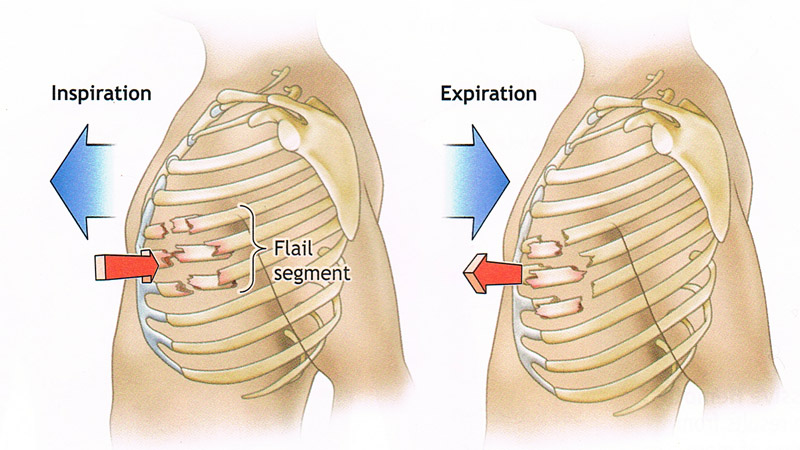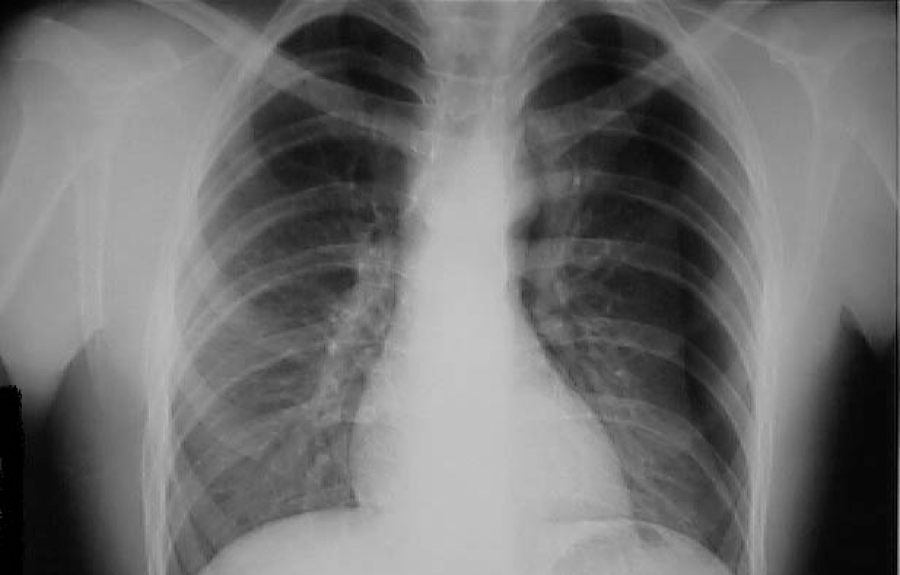Our Specialities
Chest Trauma


Injuries that immediately compromise ventilation and oxygenation should be identified during the initial assessment of the trauma patient and treated appropriately. Examples include pneumothorax and haemothorax. These patients are always admitted.
Some injuries result in severe respiratory compromise hours or even days after injury. Minor injuries can be a marker for more severe injuries. The Trauma Service has a liberal admission policy for patients with seemingly minimal chest trauma.
Patients with the following conditions will be admitted:
1. Sternal fractures
2. Any 1st, 2nd or 3rd rib fractures
3. More than 1 rib fracture in any region
4. Pulmonary contusion
5. Subcutaneous emphysema
6. Traumatic asphyxia
7. Flail segment
8. Chest trauma associated with an arrhythmia or other evidence of myocardial injury.
Co-morbid (e.g. CORD, warfarin etc.) and elderly patients may be admitted following any chest trauma.
Patients with chest injuries are admitted under general surgery unless they require admission for another injury. They can be referred to the Trauma Service for continuing care as a ward referral. All should receive supplemental oxygen, chest physiotherapy, and adequate analgesia. Consultation with the Pain Service on the day following injury should be considered.
About
Quality is Never an accident, it is always the result of high intention, intelligent direction and skillful execution. it represents the wise choice of many alternatives. We at Trust Hospitals are dedicate to providing you with the wise choice when it comes your health care.
Find Us Location
Address
TRUST HOSPITAL
Subregistrar Office Road,
Kalanagar, Benz Circle,
Vijayawada - 10
Phone: (0866) 2470909

